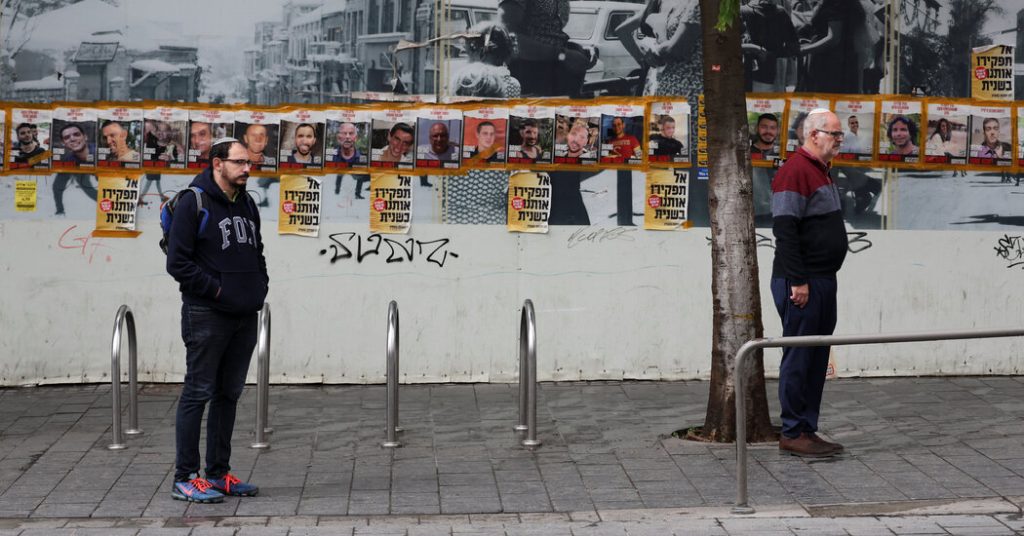Hamas has informed negotiators that not all of the 33 hostages to be freed in a possible cease-fire deal with Israel are still alive, and that the remains of those who have died will be among the initial releases. It is unclear how many of the hostages are deceased, but the first group to be released is meant to include women, older men, and the sick and wounded. Israeli and American officials have long suspected that some of the hostages may have died.
The revelation that the initial group of hostages to be released may include the remains of those who died during the Oct. 7 terrorist attacks has upset families who have been advocating for the release of their loved ones. The fate of the hostages has become a major issue in Israel, with thousands of demonstrators taking to the streets to pressure Prime Minister Benjamin Netanyahu’s government to secure a deal. Protesters have blocked major roads in Jerusalem and Tel Aviv in response to Hamas’s counteroffer.
Israeli officials have deemed Hamas’s counteroffer unacceptable, but have agreed to continue negotiating. Intermediaries from various countries will gather in Cairo this week to review the counteroffer and explore potential progress in the negotiations. Israel has agreed to send a delegation to evaluate the proposal and consider making further concessions in order to reach a potential cease-fire agreement with Hamas.
The proposed cease-fire deal would involve a first-phase, six-week cease-fire in exchange for the return of some of the hostages. The Israelis had initially hoped for 40 hostages to be released in the first phase, but they came to understand that Hamas did not hold that many hostages who met the specified criteria. It remains uncertain how many of the hostages are still alive and how many have died as a result of the attacks.
The negotiations between Hamas and Israel have been ongoing for some time, with both sides working towards reaching a mutually acceptable agreement. The release of hostages and the potential cease-fire deal have been key points of contention in the negotiations, with both sides making counteroffers and seeking concessions from each other. The involvement of various countries as intermediaries has added complexity to the negotiations, but both parties remain committed to finding a resolution.
While the revelation that deceased hostages will be among the initial releases is undoubtedly distressing for the families of the hostages, the news underscores the complexity and challenges of the negotiations between Hamas and Israel. The continued pressure from demonstrators in Israel and the ongoing discussions between the two sides highlight the importance of reaching a resolution to the hostage situation and establishing a cease-fire agreement that can bring an end to the conflict. Both Hamas and Israel have expressed a willingness to continue negotiations and explore potential avenues for progress in the negotiations.


